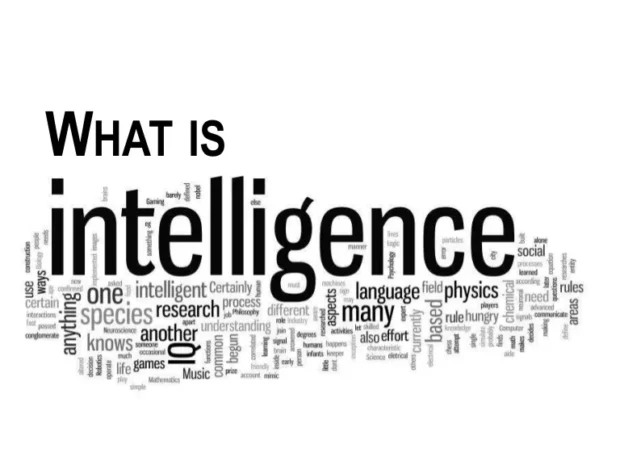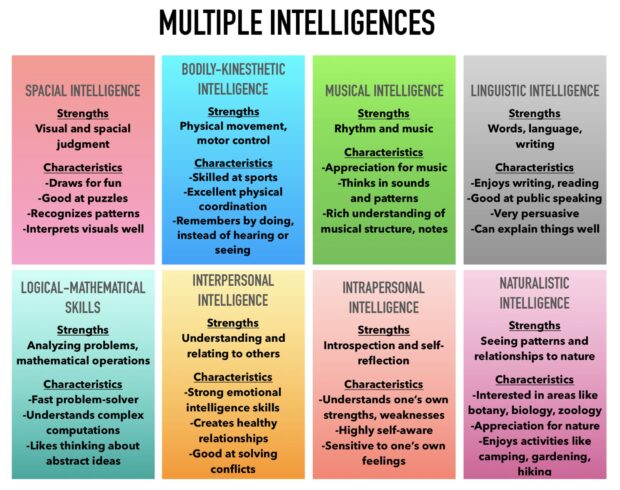Are professional Poker players more intelligent than the average person? And if so, why? The answer, as it turns out, might be something of a mystery. However, there are a few theories that have been put forward over the years to try and explain this phenomenon.
Playing Poker
There are many different variants of Poker and each one has its own rules. However, the most popular form of Poker is Texas Hold’em. In this game, players are dealt two cards face down, then five more cards are dealt face up. Players must place their bets before the next card is revealed. The player with the best hand takes all of the pot. Online Poker is a great way to enjoy the game without having to travel to a casino. Playing casino games for real money can be a fun and profitable experience. But there is one question popping up in the minds of many people who are thinking of trying this out for the first time. Are professional Poker players more intelligent than the average person? The answer to this question is a little complicated. On the one hand, it is true that professional Poker players are generally more intelligent than the average person. This is because they have spent years learning how to play the game and understand its nuances. They also have access to better resources than most people, which allows them to make better decisions in moments of crisis.
Let’s take a look at intelligence and its forms in a little more detail.
What is Intelligence?

According to many definitions, intelligence is the ability to reason, think abstractly, solve problems, and make decisions. Some people believe that intelligence is relative and that different people have different levels of intelligence. Others believe that intelligence is a fixed attribute and can’t be changed.
Many studies have shown that professional Poker players are more intelligent than the average person. For example, a study by Arizona State University found that professional Poker players are better at solving problems and making decisions than the general population.
So it seems that intelligence is indeed something that can be improved with training and experience. Whether or not this makes Poker players superior to the average person is up for debate, but it’s an interesting fact to consider nonetheless.
What are the Different Types of Intelligence?

Are professional Poker players more intelligent than the average person? There is no unanimous answer to this question, as intelligence can be measured in a variety of ways and there is no single definition of intelligence. However, many experts believe that there are three main types of intelligence: verbal, spatial, and logical.
– Verbal intelligence is the ability to think abstractly, solve problems, and communicate effectively. Poker players are likely to excel in this area due to the complex strategies and calculations involved in playing the game.
– Spatial intelligence refers to our ability to process information in three dimensions, which is critical for tasks such as map reading and picture reasoning. Poker players are often said to have excellent spatial intelligence because of their skill at forming strategies and estimating odds.
– Logical intelligence is the ability to think critically and reasoning skills are important for solving problems. Poker players tend to be very good at logic because they need to be able to understand complex game play and make decisions quickly.
How Do We Measure Intelligence?
There is no one definitive method for measuring intelligence. Different researchers have developed their own methods, which can vary significantly. Some of the more common methods used to measure intelligence include IQ tests, educational achievement tests, and psychometric tests.
– IQ tests are the most widely used measure of intelligence. They are typically based on questions from a standardized test, such as the Stanford-Binet Intelligence Scale. IQ scores can vary widely, and can be affected by a number of factors, including age, gender, and educational level.

– Educational achievement tests are another common measure of intelligence. These tests assess a person’s knowledge and abilities in areas such as math, reading, and science. They can also assess a person’s creativity skills. Educational achievement tests can be used to compare different groups of people, and can provide valuable insights into how different factors affect IQ scores.
– Psychometric tests are another common method for measuring intelligence. These tests assess a person’s abilities in specific areas, such as math, verbal ability, and problem solving skills. Psychometric tests can provide valuable insights into a person’s general intelligence quotient (GIQ), which is the measure of overall intelligence that is most commonly used in research.
There is no one definitive method for measuring intelligence. Different researchers have developed their own methods, which can vary significantly.
What are Some Factors that Contribute to Intelligence?
There is no single answer to this question as intelligence is relative, and can depend on a person’s individual experiences and background. However, some factors that may contribute to intelligence are: IQ, education, language skills, critical thinking skills, creativity, and problem solving abilities.
– IQ is one of the most important factors that contributes to intelligence. A person’s IQ can typically be determined by taking a test that measures cognitive ability.
– Education is also important in terms of intelligence. A person’s level of education can often be a predictor of their IQ score. More educated people tend to have higher IQs.

– Language skills are also important in terms of intelligence. A person’s ability to read, write, and speak multiple languages can often be seen as a sign of intelligence.
– Critical thinking skills are also important in terms of intelligence. Critical thinking skills allow a person to think about problems and come up with solutions.
– Creativity is also considered an important factor in terms of intelligence. Creativity allows a person to come up with new ideas and solve problems that others may find difficult.
– Problem solving abilities are also considered an important factor in terms of intelligence. Problem solving abilities allow a person to find solutions to challenges that they may encounter in life.
As we said, intelligence is relative, and can vary depending on a person’s individual experiences and background.
Conclusion
There is a lot of debate surrounding the intelligence of professional Poker players. Some argue that they are significantly more intelligent than the average person, while others claim that this perception is largely unfounded and does not accurately reflect reality. What we can say for certain is that there is no one answer to this question – it depends on the individual player, their experience level, and many other factors.



